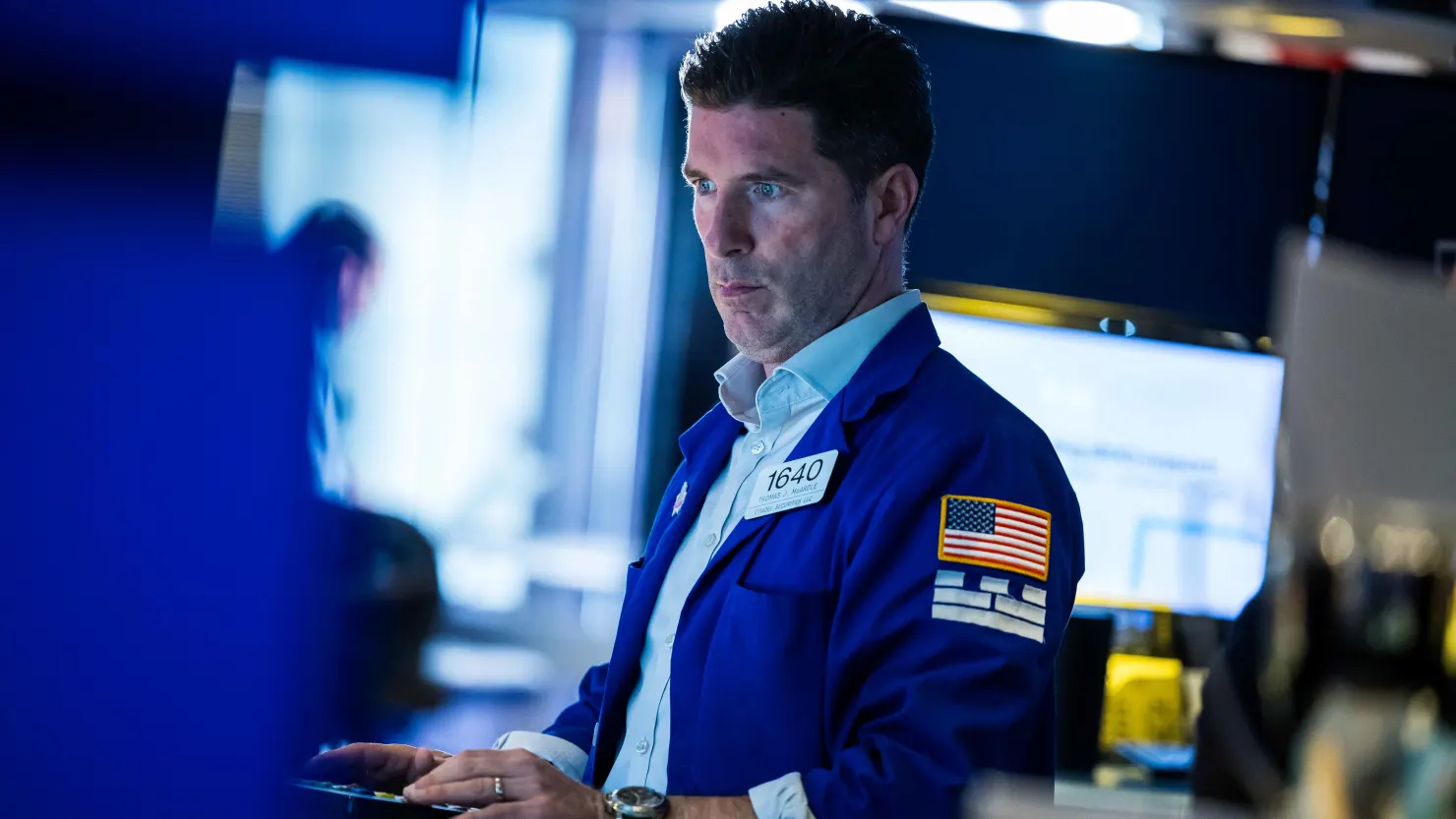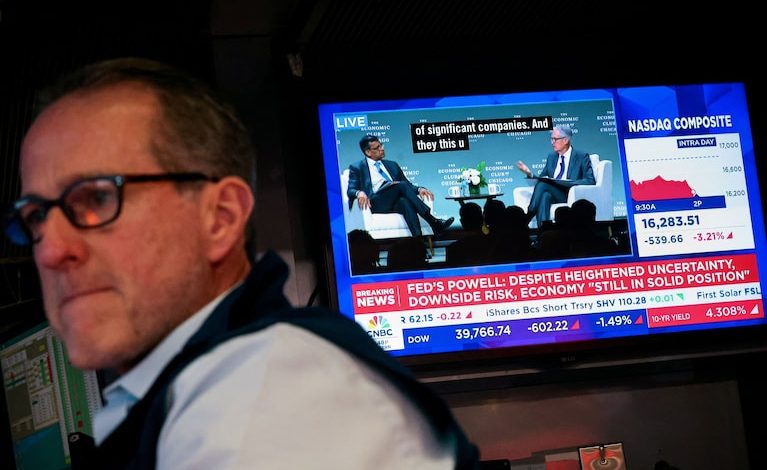US Treasury yields rose Thursday as Federal Reserve Chair Jerome Powell issued a stark warning about the potential inflationary and economic risks posed by the White House’s tariff policies, sparking renewed investor concern over the path of the US economy.
As of early Thursday morning, the benchmark 10-year Treasury yield increased by about 4 basis points to 4.319%, while the 2-year yield climbed more than 2 basis points to 3.815%. Yields move inversely to prices, and one basis point equals 0.01%.
The uptick in yields followed Powell’s remarks on Wednesday at the Economic Club of Chicago, where he cautioned that the US central bank could face the difficult task of balancing its dual mandate—promoting maximum employment and maintaining price stability—if tariffs fuel both higher inflation and slower growth.
“We may find ourselves in the challenging scenario in which our dual-mandate goals are in tension,” Powell said.
He noted that persistent inflationary pressure, combined with weakening economic indicators, could complicate future monetary policy decisions.
Powell pointed to tariffs recently announced by the Trump administration as a key source of economic uncertainty. Though some duties have been paused or modified, a baseline 10% tariff on most imports remains in place, with continued levies on steel, aluminum, and automobiles. These measures, he said, are “likely to move us away from our goals,” predicting an uptick in unemployment and further inflationary pressure.
Financial markets reacted sharply to Powell’s comments. The Dow Jones Industrial Average fell roughly 700 points, or 1.7%, by the close of trading Wednesday. The S&P 500 dropped 2.2%, while the tech-heavy Nasdaq composite lost 3%. Semiconductor giants Nvidia and AMD saw shares drop about 7% after flagging the likely financial impact of the tariffs.
Despite Powell’s concern, analysts at Deutsche Bank said his comments suggest the Fed remains cautious and not in a rush to respond to recent economic headwinds.
“Markets remained orderly even if they were ‘struggling with a lot of uncertainty,'” they wrote in a note.
The warning from Powell comes as inflation, which surged to four-decade highs in recent years, has shown signs of easing—hovering near 2.5% in February—but now faces renewed upward pressure. At the same time, consumer activity has been mixed. March retail sales spiked, likely driven by pre-tariff panic buying, while industrial production saw its first monthly decline in four months.
Investor focus now shifts to key data releases including housing market figures and weekly jobless claims, as they evaluate how resilient the US economy will be in the face of prolonged trade uncertainty and the evolving stance of the Federal Reserve.
Meanwhile, gold prices surged to a record high, topping $3,357 per ounce, as investors sought refuge amid market volatility and policy unpredictability. Analysts say demand for safe-haven assets could continue to rise if inflation persists and economic growth falters.
Fed officials have reiterated that their decisions will depend on how tariff-related developments unfold in the months ahead, but acknowledge that the path forward remains fraught with risks.
“We’re not experiencing that now,” Powell said, “but we could well be in that situation.”
CNBC, the Telegraph, and the Washington Post contributed to this report.










The latest news in your social feeds
Subscribe to our social media platforms to stay tuned